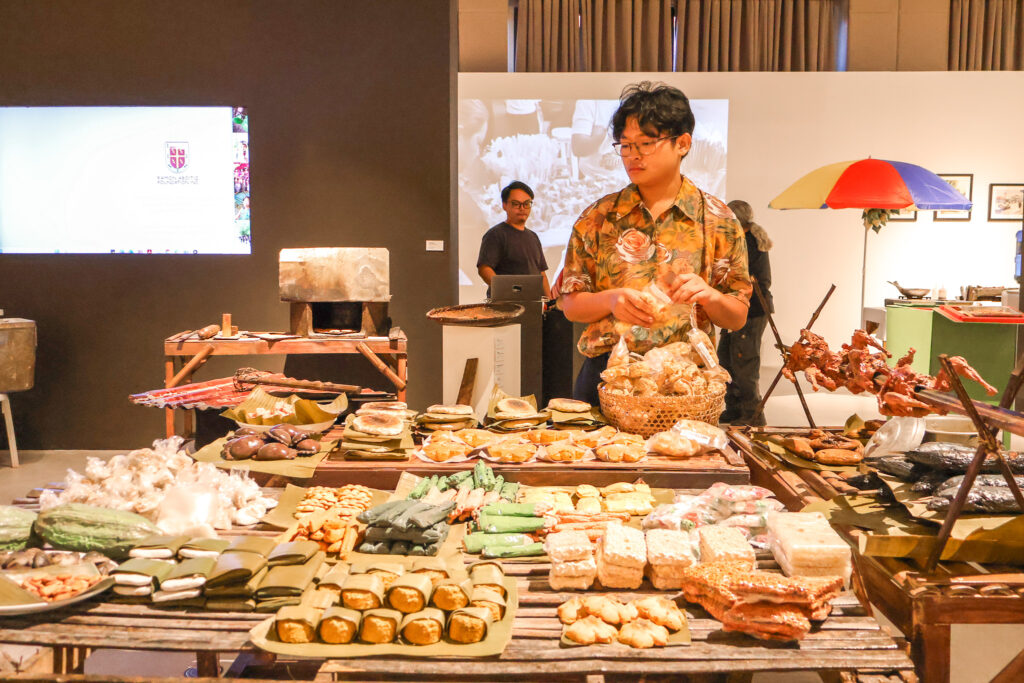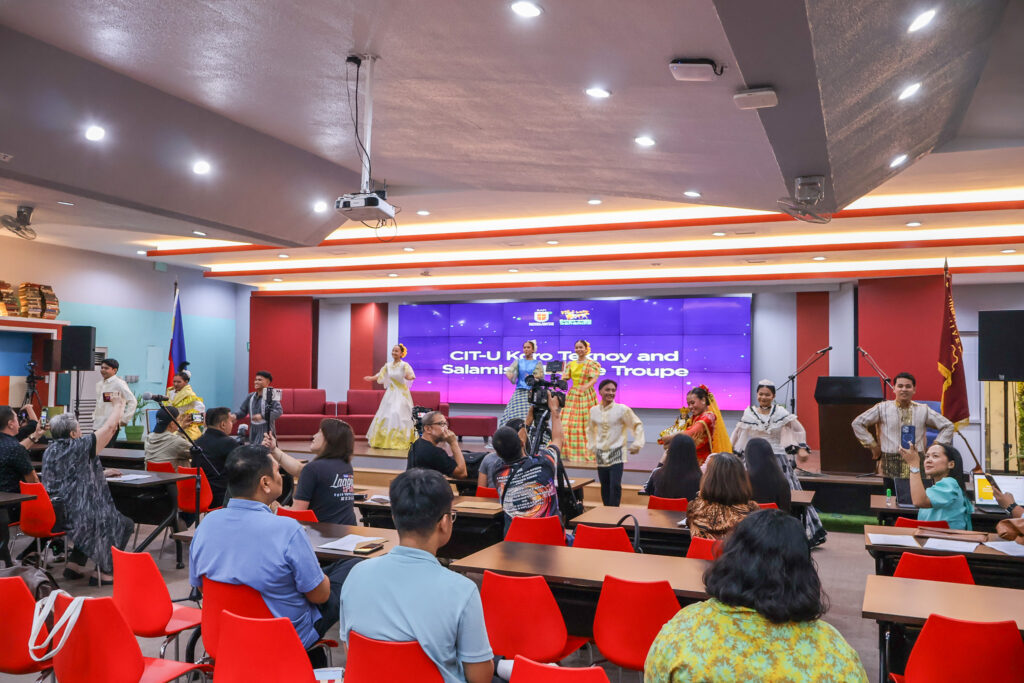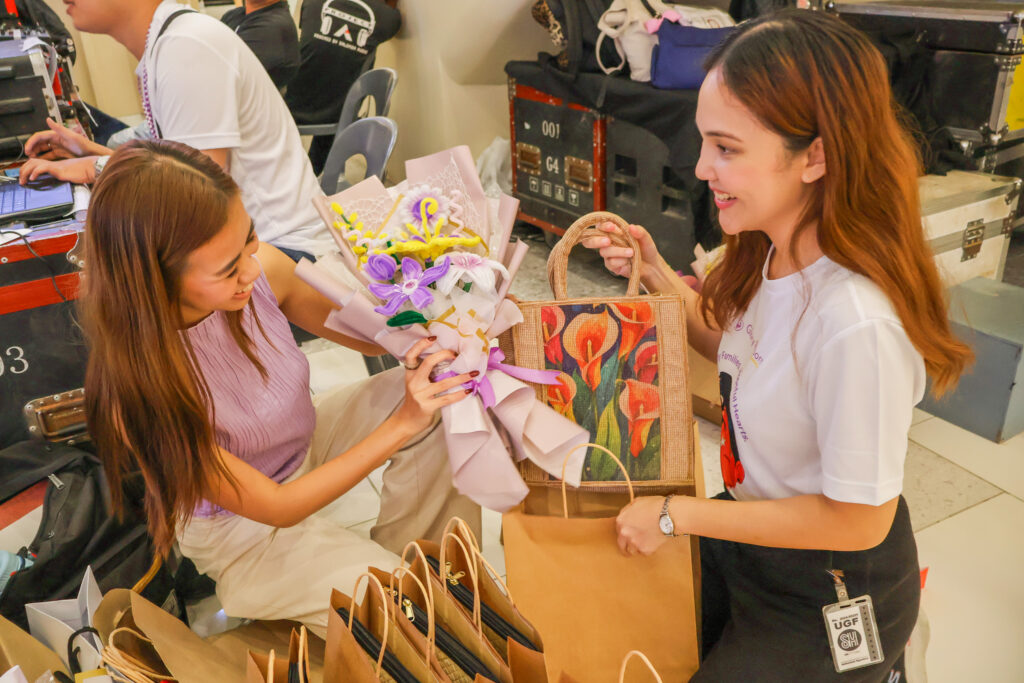[et_pb_section background_image=”https://www.rafi.org.ph/wp-content/uploads/2018/06/eddie-copy.jpg” transparent_background=”off” allow_player_pause=”off” inner_shadow=”off” parallax=”off” parallax_method=”on” make_fullwidth=”off” use_custom_width=”off” width_unit=”off” custom_width_px=”1080px” custom_width_percent=”80%” make_equal=”off” use_custom_gutter=”off” fullwidth=”on” specialty=”off” disabled=”off”][et_pb_fullwidth_image src=”https://www.rafi.org.ph/wp-content/uploads/2018/09/Maria-Gracia-_Grace_-Ferreros.jpg” show_in_lightbox=”off” url_new_window=”off” use_overlay=”off” animation=”off” use_border_color=”off” border_color=”#ffffff” border_width=”1px” border_style=”solid” disabled=”off”][/et_pb_fullwidth_image][/et_pb_section][et_pb_section transparent_background=”off” allow_player_pause=”off” inner_shadow=”off” parallax=”off” parallax_method=”on” custom_padding=”0||0px|” make_fullwidth=”off” use_custom_width=”off” width_unit=”off” custom_width_px=”1080px” custom_width_percent=”80%” make_equal=”off” use_custom_gutter=”off” fullwidth=”on” specialty=”off” disabled=”off”][et_pb_fullwidth_header background_layout=”light” text_orientation=”left” header_fullscreen=”off” header_scroll_down=”off” scroll_down_icon=”;” scroll_down_icon_size=”45px” parallax=”off” parallax_method=”off” content_orientation=”center” image_orientation=”center” title_font_size=”37px” subhead_font_size=”22px” content_font_size=”30px” custom_button_one=”off” button_one_text_size=”20″ button_one_use_icon=”on” button_one_icon_placement=”right” button_one_on_hover=”on” button_one_letter_spacing_hover=”0″ custom_button_two=”off” button_two_text_size=”20″ button_two_use_icon=”on” button_two_icon_placement=”right” button_two_on_hover=”on” button_two_letter_spacing_hover=”0″ disabled=”off” inline_fonts=”Merriweather”]
IAMRAFI: The Future Is So Bright
The Story of Maria Gracia ‘Grace’ Ferreros,
RAFI-DACF Partner, Play-based Education Advocate
By Marco Paulo Trajano Deligero | September 25, 2018
[/et_pb_fullwidth_header][/et_pb_section][et_pb_section transparent_background=”off” allow_player_pause=”off” inner_shadow=”off” parallax=”off” parallax_method=”on” custom_padding=”0px|0px|54px|0px” make_fullwidth=”off” use_custom_width=”off” width_unit=”off” custom_width_px=”1080px” custom_width_percent=”80%” make_equal=”off” use_custom_gutter=”off” fullwidth=”off” specialty=”off” admin_label=”Section” disabled=”off”][et_pb_row make_fullwidth=”off” use_custom_width=”off” width_unit=”off” custom_width_px=”1080px” custom_width_percent=”80%” use_custom_gutter=”off” gutter_width=”3″ custom_padding=”0px|0px|16px|0px” allow_player_pause=”off” parallax=”off” parallax_method=”on” make_equal=”off” parallax_1=”off” parallax_method_1=”on” parallax_2=”off” parallax_method_2=”on” parallax_3=”off” parallax_method_3=”on” parallax_4=”off” parallax_method_4=”on” admin_label=”Row” disabled=”off”][et_pb_column type=”4_4″ disabled=”off” parallax=”off” parallax_method=”on”][et_pb_text background_layout=”light” text_orientation=”left” admin_label=”Text” use_border_color=”off” border_style=”solid” disabled=”off” inline_fonts=”Lato”][/et_pb_text][et_pb_text background_layout=”light” text_orientation=”justified” admin_label=”Text” use_border_color=”off” border_style=”solid” disabled=”off” inline_fonts=”Abel”]
The Ramon Aboitiz Foundation Inc. (RAFI) gives honor to all the hardworking and selfless teachers who contribute to nation-building one child at a time.
And as we continue to celebrate this year’s National Teachers’ Month, here is another story of a dedicated teacher, Maria Gracia ‘Grace’ Ferreros, who is an advocate of play-based learning for children, and a longtime partner of the Dolores Aboitiz Children’s Fund of the Ramon Aboitiz Foundation Inc. (RAFI-DACF).
Early Exposure to Play-based Education Learning
As a child, Maria Gracia Ferreros or Grace grew up loving the outdoors as she was allowed by her parents to freely run around their backyard, climb trees and swim in the river, even alongside a carabao.
She belonged to a big family. They are 11 siblings in all, and her father was a bank officer.
“Growing up, I just wanted to play, and I was lucky enough that my parents allowed me to experience my childhood as any child should, experiencing everything firsthand,” Grace said.
The Beginning of Her Advocacy for a Play-based Education Learning
She finished Business Management at the University of the Philippines and then managed their family business. But, she felt deep in her heart that she was called to get into creative play-based education. Because of this, she took up Masters in Education, and her thesis dissertation was Teaching through Play: Basis for a Training Portfolio for Early Childhood Educators. Her research was published in 2005.
At 36 years old, she got pregnant with her son Jose Antonio, and focused on taking care of him for years. And learning from her father, she allowed her son to play outside, and even had his own tree house. When he was almost four years old, Grace brought him to a playschool so he can learn to socialize with other children.
“I wanted my son to experience what I have experienced when I was growing up. I knew that play-based education will help him because it helped me to be free to do what I want and express myself, too,” she said.
Introducing the Steiner Waldorf Education
In 1996, Grace, who is in the training industry, learned about Steiner Waldorf education when she attended an education seminar that focused on children, which takes into account of the holistic needs of the child — academic, physical, emotional and spiritual. It is also based on an understanding of the relevance of the different phases of child development.
The fundamental question is, “what is the best way to raise a child?”
“I became interested with Steiner Waldorf education because it is holistic; it helps the child become more aware of his surroundings, they run everywhere, socialize with other children, and learn everything firsthand,” she said.
Helping Those Who Are In Need
There was also a time when Grace collaborated with the Cebu City government to help the children roaming around the streets. Using a bus, they would encourage these children to join them, teaching them at the city plaza. They were able to reach at least 80 to 100 children every time they roamed around the city.
Grace also admits that she faced difficulty in convincing people to adopt the Steiner Waldorf education. She attempted twice to put up schools focused on the said approach but failed because of the lack of support from the community and the education sector.
“I tried to put up two daycare centers or kindergarten, one in 1998, and one in 2011, but both failed because people were not yet open to non-academic learning in preschool,” she said.
The Department of Education Took Action
Grace happily shared that finally the Department of Education realized the value of play, enacting several laws mandating the use of play in preparation for elementary education.
One of these laws is Republic Act No. 10410 (An Act Recognizing the Age from Zero (0) To Eight (8) Years as the First Crucial Stage of Educational Development and Strengthening the Early Childhood Care and Development System, Appropriating Funds Therefor and For Other Purposes), which basically ‘provides for the basic holistic needs of young children from age zero (0) to four (4) years; and to promote their optimum growth and development.’
This law also gives value to home-based programs, such as the neighborhood-based play groups, family child care programs, parent education and home visiting programs.
International organizations such as UNESCO, and even UNICEF-Philippines has also recognized the value of play-based education and started their own initiatives, which now reaches even the far-flung areas of Maguindanao.
“I am very happy that the government has finally seen the value of play-based education for young children, because this will basically be very beneficial for their growth and development to be better prepared for formal learning in the elementary education,” Grace said.
The Importance of Play-based and Early Learning in Children
Grace explained the value of children learning at a very young age. She also shared that it is more than just bringing a child to the daycare centers but more of giving the child an armor to be ready for bigger challenges in the future.
In play-based education, children learn to experience everything on their own, nourishing their physical body with all the experience they could have outdoors using all the senses that they have, and helps their cognitive development.
In addition, Grace also shared that the crucial stage of development for children is from ages 0 to 7 years because at this stage, they develop their physical body, their creativity, natural curiosity to explore, social skills, by providing them positive experiences.
“This approach will help build a solid foundation for children because they are moving, learning and connecting, socializing with each other, and with nature,” Grace said.
The Twelve Senses
Grace also said that according to the philosophy behind Steiner education, there are twelve senses, not the usual five that most people know about.
“There are different senses that are developed through the different stages of life,” she said.
She explained the following:
From ages 0 to 7, during the pre-school years mostly develop are the sense of touch, self-movement, sense of balance, and sense of life.
From ages 7 to 14, one develops the social and emotional senses, which are the sense of taste, smell, sight, and the sense of warmth, and;
From ages 14 to 21, one develops the sense of hearing, thought, speech and sense of ego (or sense of self, and sense of the other),
“Sense of life is basically knowing that one has life, and has feelings; you are aware that you are hungry, thirsty, or hurt, tired or sleepy. That is the sense of life or sense of well-being,”
“We should always remember that senses are the gateway to the world and allow us to have a healthy interaction with people at a highly-developed level,” Grace added.
Grace and Her Partnership with RAFI
Grace shared that she was able to help in the assessment in different RAFI programs such as the evaluation of the first Seal of Excellence in Education Development awards in 2016, and in the Culture & Heritage Unit of RAFI in 2017.
She was also part of capacity building programs and grants in RAFI-DACF since 2012.
“I’ve been partners with RAFI ever since I started Kidslife Foundation in 2001 and it always has been a good experience,”
“If ever I’ll be employed, I will be with RAFI,” Grace said.
Challenges Children Are Facing Today
For Grace, the biggest challenge of humanity, especially for children, is technology.
“Innovation is good but we should balance everything,”
“For example, Artificial Intelligence, is it dangerous? They have taken out the human element. Most people have no human inter-connection anymore,” she said.
“That is why we need to balance everything, because to balance the advancement of technology is to balance advancement of human beings,” she added.
On The Greatest Lesson She Learned In Life
“Life should be simple,” Grace said.
In order to achieve happiness, Grace shared that we must consider this, “it is simpler for us to be better and happier,”
“Always maintain a child-like attitude; open to whatever will come: no biases, always curious, learning and grounded,”
“We should always be aware that we do not have just a ‘physical body’ but we should also ‘nourish our soul,’”
“We should always connect to our source (God), we did not come here on Earth by magic,” she added.
On How She Wants To Be Remembered
Grace shared that she wants people to be remember her as someone who tirelessly helps children.
“People need to discover their mission & live for that mission, and joyfully live it even entails sacrifice,”
“That is what I want to share to people — that through education, we should allow our children to discover the world freely; there is no need for standardized curriculum, and teachers should not put children in a ‘box,’” she added.
Starting Her Own Nature Camp
Grace has also started a nature adventure camp specifically for children and their parents, located at Jardin de Busay, in Busay, Cebu City.
“Nature is important. We have to bring nature closer to the children, that is why we created this nature camp because we want to promote play-based education to children and allow them to experience nature firsthand,”
“Most of us are volunteers here, and with this nature camp, the teachers and I work together in a cooperative way bringing out the entrepreneur in all of us creatively,” she added.
People That Matters to Grace
“First of all to God, I want to give my gratitude to. He is always there for me and because of Him, I will never give up on my mission,” she said.
“To my parents, thank you for letting me experience playing freely,”
“To RAFI, thank you for the trust in my mission and my capacities,”
“To my son Jose Antonio, you are the reason why I learned play-based education, taking care of you, my son, is the best education for me,”
“And of course, to my husband, Joel, who has allowed and supported me to do what I wanted. Thank you and I love you.” #IAMRAFI
[/et_pb_text][et_pb_code disabled=”off”][/et_pb_code][et_pb_code disabled=”off”][/et_pb_code][et_pb_code disabled=”off”] [/et_pb_code][et_pb_gallery gallery_ids=”29545,29544,29543,29542,29541,29539,29538,29537,29536,29535,29534,29533,29532,29531,29530,29529,29528,29527,29526,29525,29524,29523″ fullwidth=”on” posts_number=”43″ orientation=”landscape” show_title_and_caption=”off” show_pagination=”on” background_layout=”light” auto=”on” auto_speed=”7000″ use_border_color=”off” border_color=”#ffffff” border_width=”1px” border_style=”solid” disabled=”off”][/et_pb_gallery][/et_pb_column][/et_pb_row][/et_pb_section]


